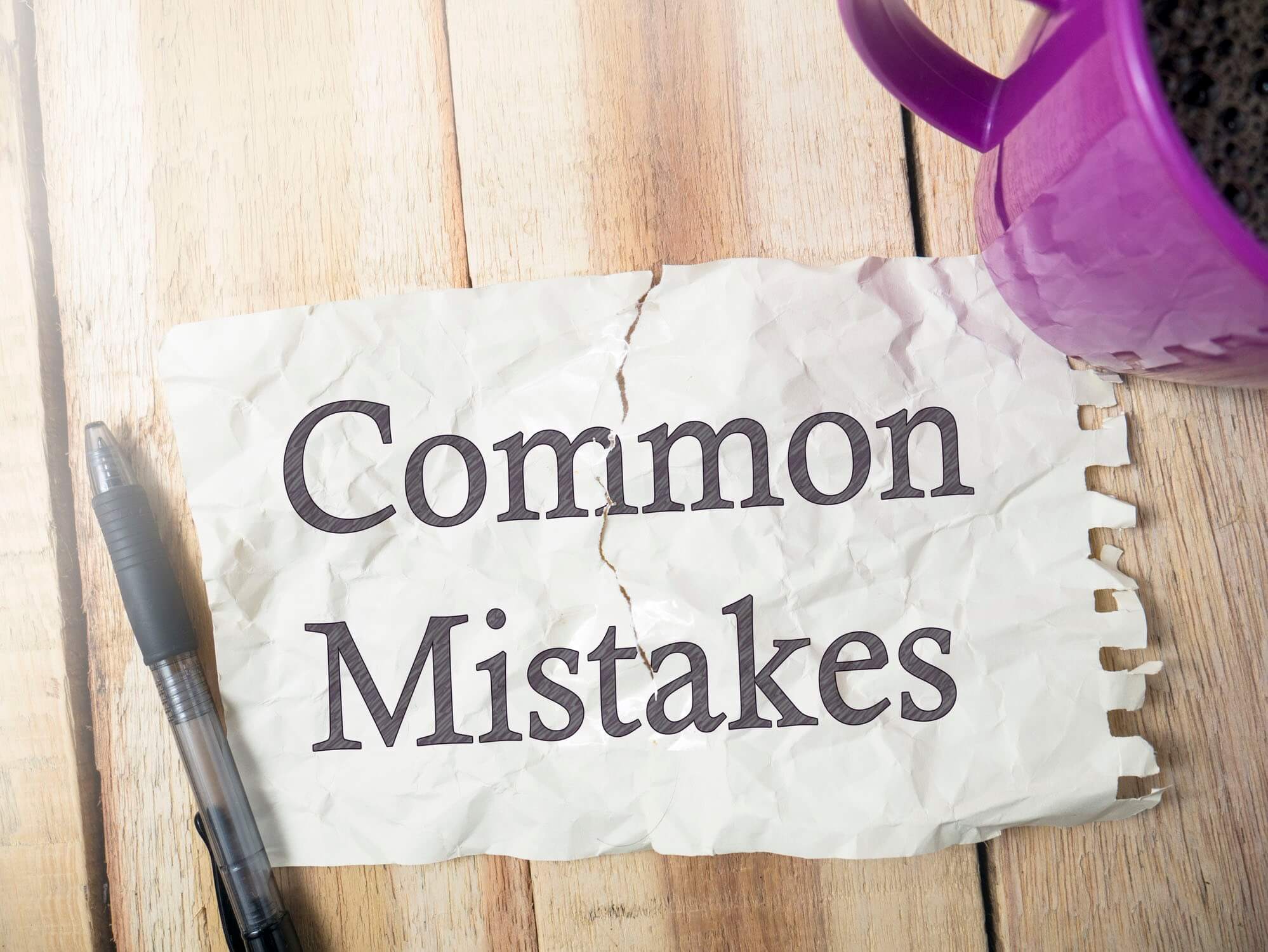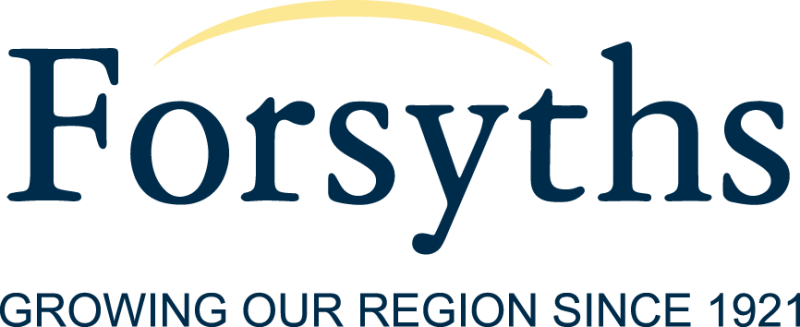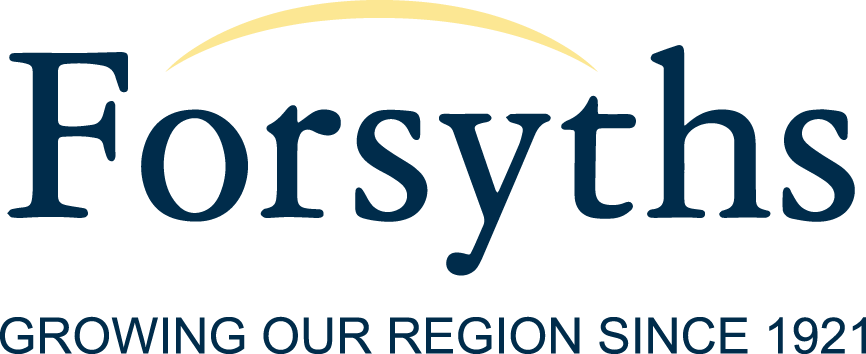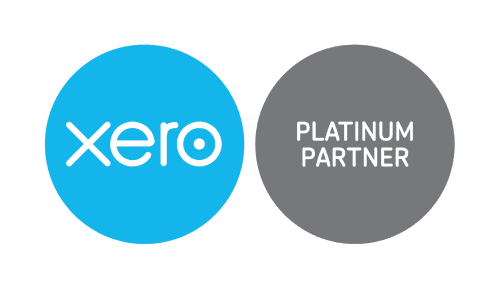
Avoid common mistakes in your business return, and include appropriate income
We know you want to get your tax right, so it may help you this tax time to know how to avoid making what the ATO has found are the most
common tax mistakes.
To do this make sure you have:
- declared all income, including cash and online sales, dividends, interest, capital gains or one-off transactions such as selling equipment
- accurately recorded the value of goods taken for private use and directors’ fees or other money drawn out of your business
- correctly apportioned expenses that are used both privately and in your business, including adjusting your rent expenses if you store personal assets at your business premises
- only claimed expenses you’re entitled to claim (for example capital improvements can’t be written off as a repair)
- correctly claimed any business losses.
It’s important to have good records that are up to date. It can help to have a dedicated business bank account to help keep business
transactions separate from your other finances.
WHAT TO INCLUDE IN YOUR BUSINESS’S ASSESSABLE INCOME
When calculating your business’s assessable income, include:
- all gross income (before tax) from your everyday business activities, including sales made over the internet, income from sales (cash and electronic) and foreign income. Gross income doesn’t include goods and services tax (GST).
- all other business income that is not part of your everyday business activities, including changes in the value of trading stock, capital gains, isolated transactions intended to make a profit, and cash prizes for your business.
CASH INCOME
If your business receives cash payments for goods or services, the ATO will expect you to declare them as assessable income. Included here
are:
- all your cash earnings
- income your business earned through coupons, vouchers or gift cards
- income your business deposited into a mortgage or private credit card
- bank interest, dividends, franking credits, etc.
Note that the ATO’s data matching analysis and forensic capabilities have developed into a very sophisticated toolkit, making cash payments more visible to it than ever before. For example, it can identify people who may be running a part of their normal business activities “off the books” and avoiding tax obligations.
COMMISSIONS, INVESTMENT EARNINGS, GRATUITIES, COMPENSATION PAYMENTS
If you receive commissions, investment earnings (such as dividends), gratuities or compensation payments as part of your business
activities, include these amounts as assessable income. These payments include:
- commission income
- royalties, such as payments when other entities use your patent
- incentive payments, such as a cash payment to lease business premises
- interest on business investments, and interest on overpayment or early payment of tax
- dividends and franking credits (from company tax already paid) on business investments
- rental income from property owned by your business
- lease payments and hire charges (if you are in the business of hiring out assets)
- tips and gratuities, including cash or electronic payments
- compensation, such as workers compensation, payments for trading stock losses, business interruptions or contract cancellations
- recovered bad debts for which you have received a tax deduction.
INCOME NOT PART OF EVERYDAY BUSINESS ACTIVITIES
Your business may receive income that is not part of your every day business activities. These amounts must also be included in your
business’s assessable income at the end of the income year.
These sources of income can include:
- disposal of non-trading stock assets
- taking some trading stock for your own use
- sale of goods or services in return for something other than money increase in trading stock value
- isolated transactions intended to make a profit
- business prizes or awards
- payments from insurance claims.
GOVERNMENT PAYMENTS
A number of federal, state and territory government grants and payments have been made available to businesses in response to recent
natural disasters and COVID-19. Only those grants and payments that are “assessable income” will need to be included.
These payments include:
- fuel tax credits or product stewardship (oil) benefit
- wine equalisation tax producer rebate
- JobKeeper payments (COVID-19)
- Supporting Apprentices and Trainees wage subsidy (COVID-19)
- excise refund scheme for alcohol manufacturers
- grants, such as an amount you receive under the Australian Apprenticeships Incentives Program
- subsidies for carrying on a business.
Note well that you should not include the following grants and payments:
- cash flow boost payments (COVID-19 - this is “nonassessable, non-exempt” income)
- government grants and payments that are tax-free.
CAPITAL GAINS AND LOSSES
Capital gains or losses can occur when you dispose of a business capital asset by way of sale, gift, transfer, destruction, surrender, or
other means. Business capital assets are all assets your business owns.
However, you can only generally make a capital gain or loss on particular assets, such as your business premises, land, goodwill, or rights
or licences. You can’t generally make a capital gain or loss on your trading stock. CGT generally doesn’t apply to depreciating assets,
such as tools or motor vehicles that you use in your business.
In certain circumstances, the following discounts apply to CGT:
- Individuals or trusts qualify for a 50% discount if they hold an asset for at least 12 months before disposing of it. This means you include only 50% of the capital gain in your assessable income.
- Companies aren’t entitled to a CGT discount.
- Partnerships don’t pay tax on capital gains. Instead, the individual partners determine their share of the capital gain, when working out their net capital gain, and include it in their personal assessable income.
- If you’re a small business that owns active assets, you may also be eligible for the small business CGT concessions (ask our office about these).


